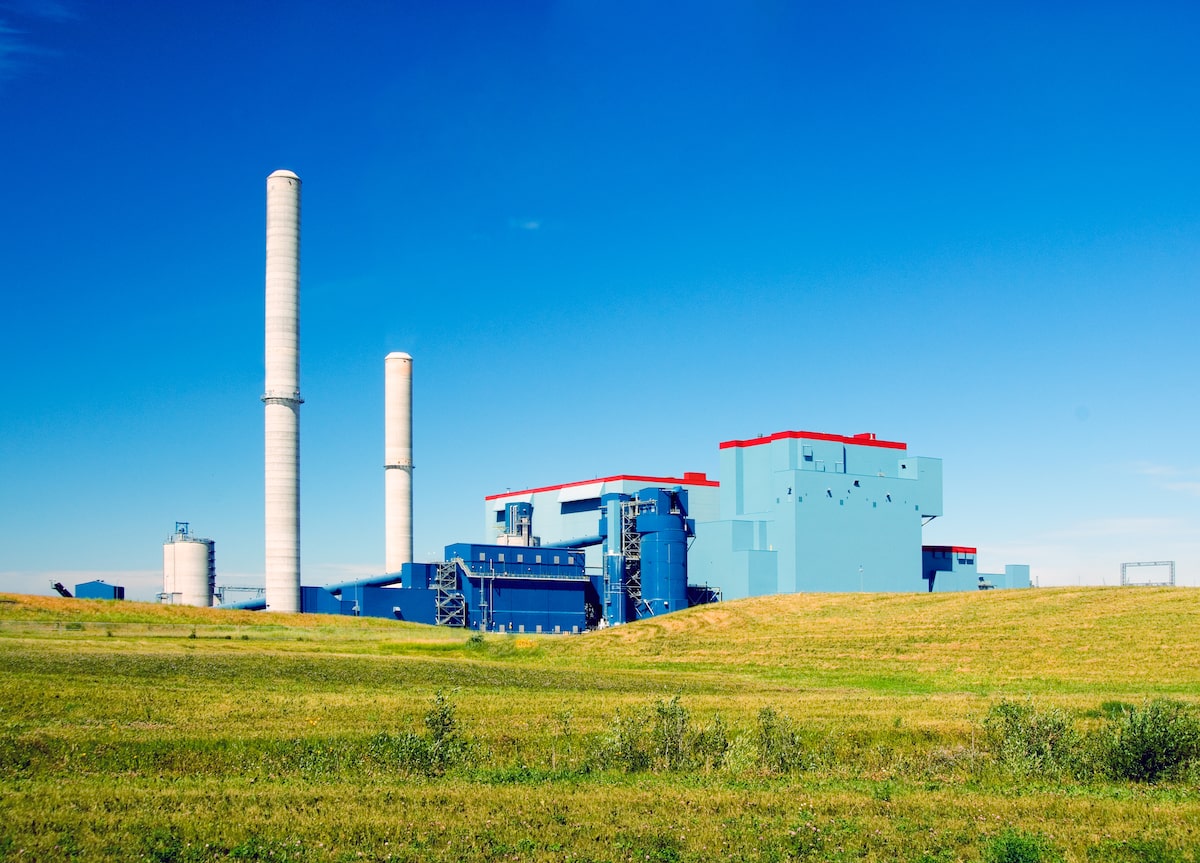- cross-posted to:
- [email protected]
- cross-posted to:
- [email protected]
Archive: [ https://archive.is/sEZIL ]
Coal accounted for 80 per cent of Alberta’s electricity grid in the early 2000s and it still amounted to 60 per cent just 10 years ago. When phasing out coal was just an idea being batted around, many said it couldn’t be done. This is not dissimilar to the rhetoric today around decarbonizing the grid. But Alberta’s experience phasing out coal shows environmental progress of this magnitude is possible.



Sounds good when you phrase it like the headline. But all they’ve done is trade coal for natural gas. So it’s still a carbon heavy power grid, just slightly better than coal.
NG may actually be just as bad or worse. Methane amplifies the greenhouse effect (IIRC) 4x as much as CO2 per unit volume emitted, and it’s much harder to track the emissions of the NG industry because most of it comes from methane leaks. The FF industry loves NG for that exact reason. If you are leaking an odourless gas, you don’t need to report what you can’t possibly track. So the self-reported emissions numbers look way better than they probably actually are.
For the climate, probably, but for acute health effects and smog, coal is so much worse.
The word for natural gas leaks is so good, fugitive emissions. I think the government is doing a reasonable job at tracking them though and they make up a significant amount of the carbon budget.
Fracking. Need I say more?
Good point.
Agreed. IMHO, Natural Gas has a place in systems like Ontario’s. Here we’re mostly using it in peaker plants, and to make a smooth transition to renewables since it’s fairly easy to convert coal plants to Natural Gas.